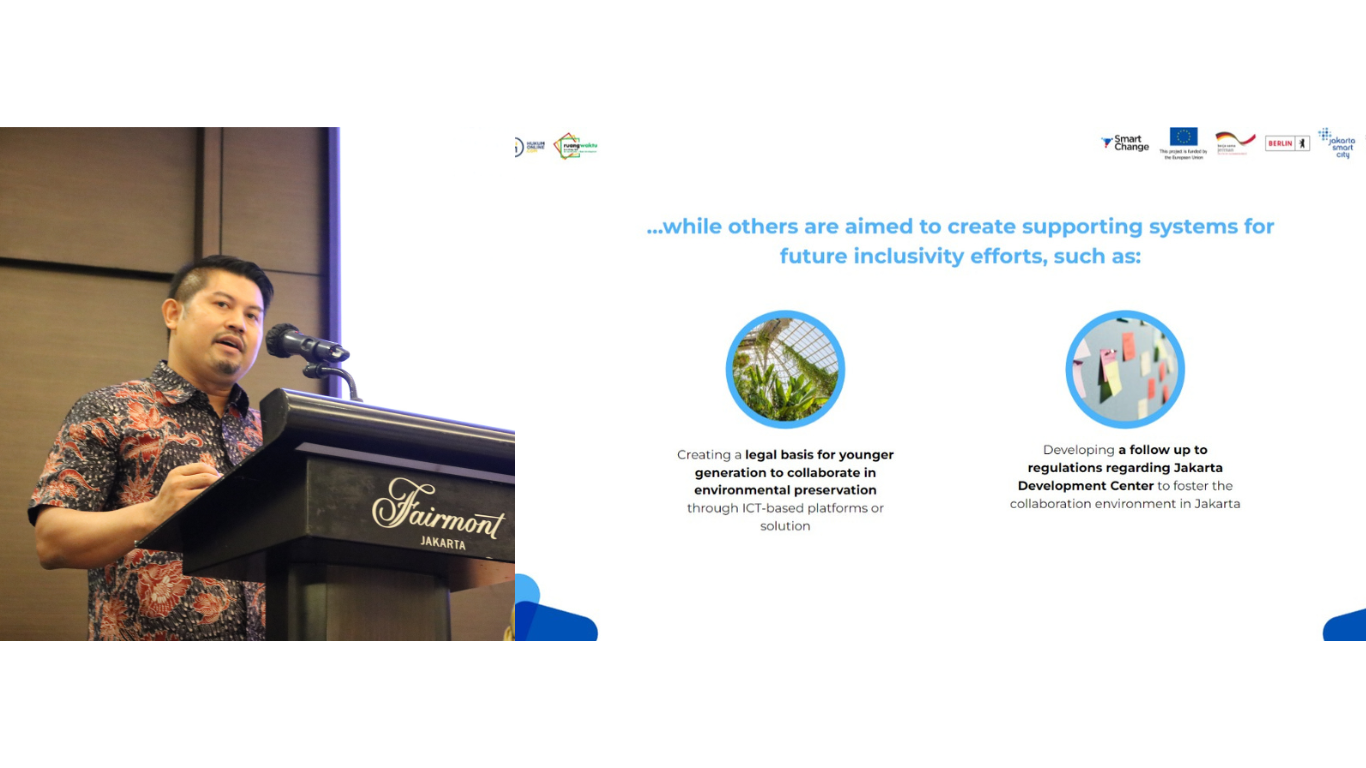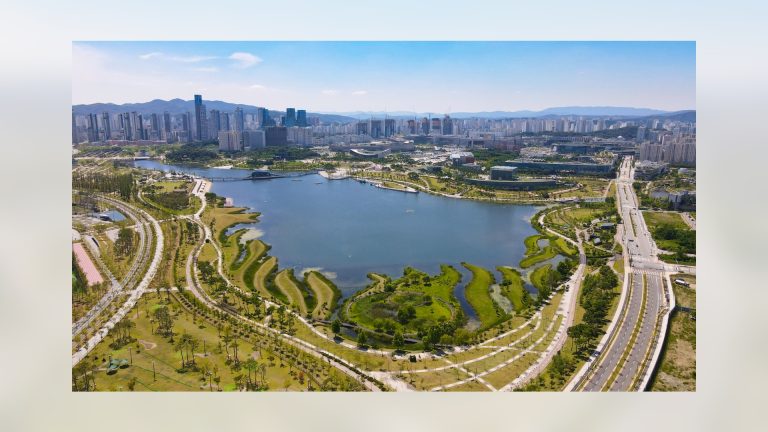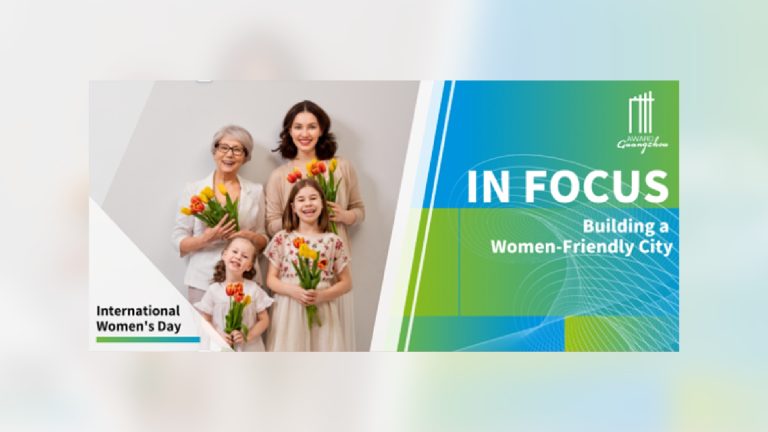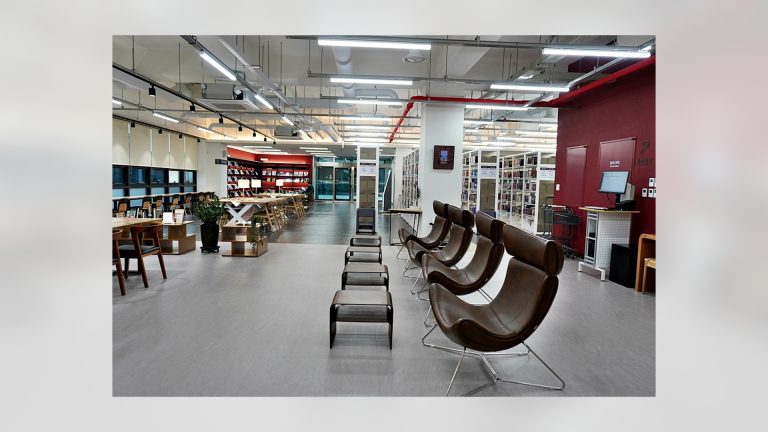Despite significant differences in viewpoints, various actors in global society should communicate with respect and appreciation for one another. We need to enable people from various backgrounds to see the world through different lenses while also beginning to see the big picture. How can we provide opportunities for people to develop a stronger sense of possibility for future sustainable action? At the U20 Mayors Summit Side Event, Mr. Jan Ramos Pandia, Hukumonline & RuangWaktu Consortium, explained how to improve our ability to communicate and work collaboratively with multiple stakeholders.
A collaborative approach, such as multi-stakeholder and policy dialogue, can bring people together from various backgrounds and perspectives in a conversation that leads to a practical outcome. These dialogues allow multiple perspectives, points of view, and interests to be incorporated into the city planning and implementation processes.
Multi-stakeholder dialogue, in terms of definitions, is a discussion that brings together relevant stakeholders to initiate innovation and thus strengthen good governance processes. Involving various stakeholders can help to create a holistic environment for healthy and productive discourse. Stakeholders who can participate in this dialogue include government agencies, government-owned companies, private companies, universities, research institutions, non-profit organisations, grassroots movements, and local communities. These stakeholders should be positioned as experts and individuals whom the policies or agendas will impact. In the meantime, policy dialogue is a focus group discussion (FGD) organised to identify pressing issues and discuss potential policy recommendations to support the legal framework.
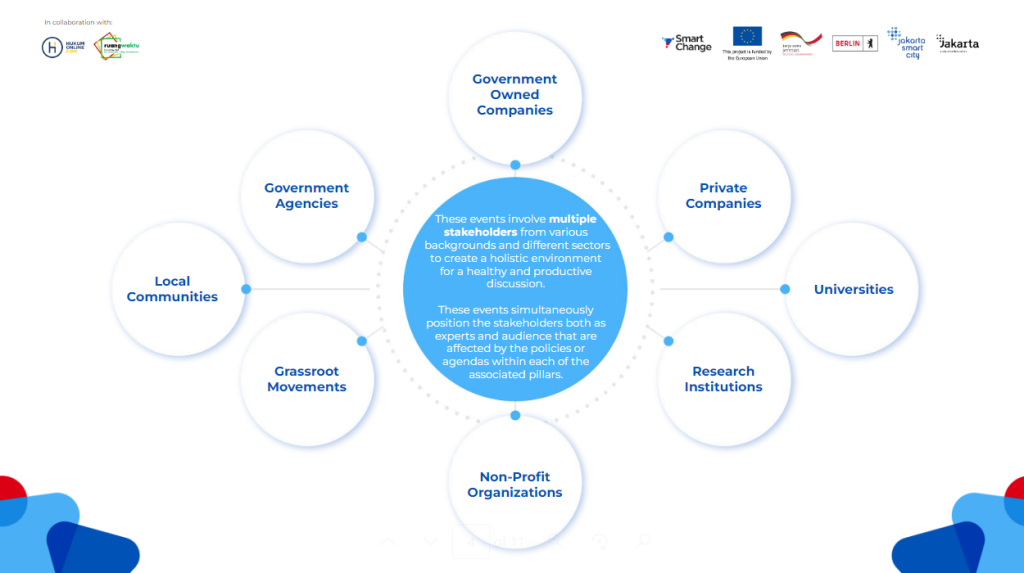
Jakarta is one of the Asia-Pacific cities that has already conducted multi-stakeholder and policy dialogues. Mr. Pandia described the multi-stakeholder and policy dialogue that is taking place in Jakarta. In Jakarta, dialogue events in were held on a regular basisto develop the smart city strategy and implementation plan for Jakarta’s sustainable smart city framework.
The multi-stakeholder dialogue events in Jakarta usually took the form of seminars or webinars. The multi-stakeholder dialogue began with a brief presentation on various pillars of the smart city. It was then followed by a discussion session that addressed questions on topics. The audience was later divided into smaller groups to discuss potential initiatives to support the smart pillars. The discussion’s outcomes were presented, compared to those of other groups, and then compiled “pilot initiatives”. And for the policy dialogue, they often adopted a one-day version and started with experts’ presentations.
Mr. Pandia later shared some interesting findings from the dialogue events in Jakarta. The dialogue reveals:
- stakeholder interests are high and encouraging,
- public enthusiasm remains exceptionally high,
- the government still heavily influences discussions, and
- digital engagement remains difficult.
Furthermore, he added that organising dialogue events may also present some challenges. Among thechallenges include:
- difficulties in convincing participants to be more vocal,
- lack or limited involvement of vulnerable communities,
- inability to develop shared commitments and responsibilities, and
- the continued absence of future commitment to initiatives and recommendations.








